Recent Articles
Popular Makes
Body Types
10 Reasons to Lease a Car

bigstock Couple and new car ・ Photo by Bigstock
“If you want to build wealth,” the financial gurus will tell you, “find a good deal on a reliable used car and drive it into the ground.” That’s sound advice for some, but what about those of us who don’t have the time, skills and resources necessary to repair and maintain an old car? The truth is, there are plenty of valid reasons to lease a new car — and it’s even possible to do it without screwing up your entire financial future. There are great lease deals available from time to time — here are some of the reasons why it’s perfectly okay to consider them.
1) New cars are nice.
There’s something satisfying about keeping an older car going — a car you’ve learned inside and out, and that shares some of your history. We’ve been there. But new cars are nice, too — a car that has no history. A car that’s a blank slate. It’s like new bedsheets, or new clothes (though obviously way more substantial) and though it doesn’t stay new very long, there’s still that moment where your new car is full of possibilities. There’s a reason, after all, that “new car smell” air fresheners exist, although they can’t come close to truly replicating the experience. This probably shouldn’t be the only reason you’re considering leasing a new car, but you shouldn’t be ashamed of enjoying it, either.
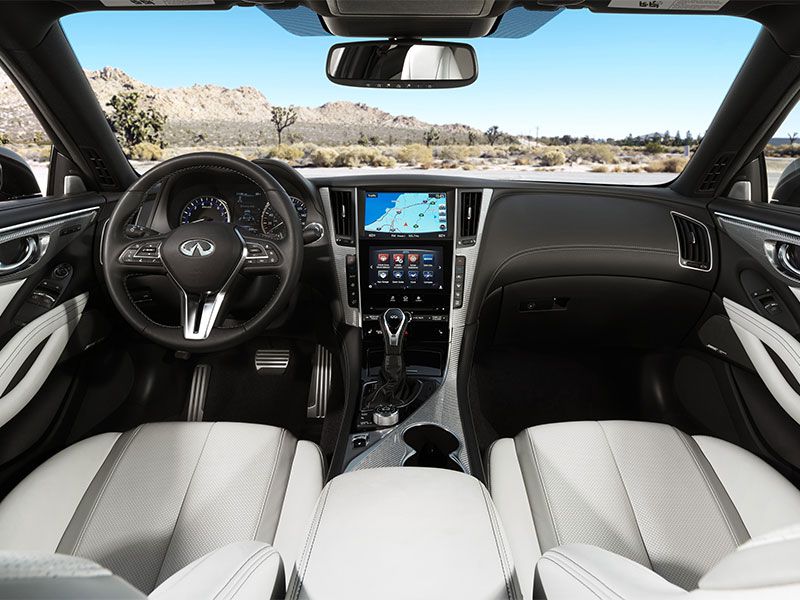
2) Experience a car’s best years.
This reason goes hand-in-hand with the previous one, but takes it a step further. After a couple of years, even the best-maintained car isn’t new any longer. This is around the time that the seats begin to fade, the steering wheel develops “polished” spots, and you might hear a rattle or two. You don’t have to worry if you’re in a lease, because chances are, the amount of time remaining on your lease is measured in months, not years. (If you were making payments on a loan instead, it would probably be a different story.) As soon as the luster on your car begins to fade, you get to hand over the keys and start fresh. With a lease, you’re truly getting to experience the best of a new car.
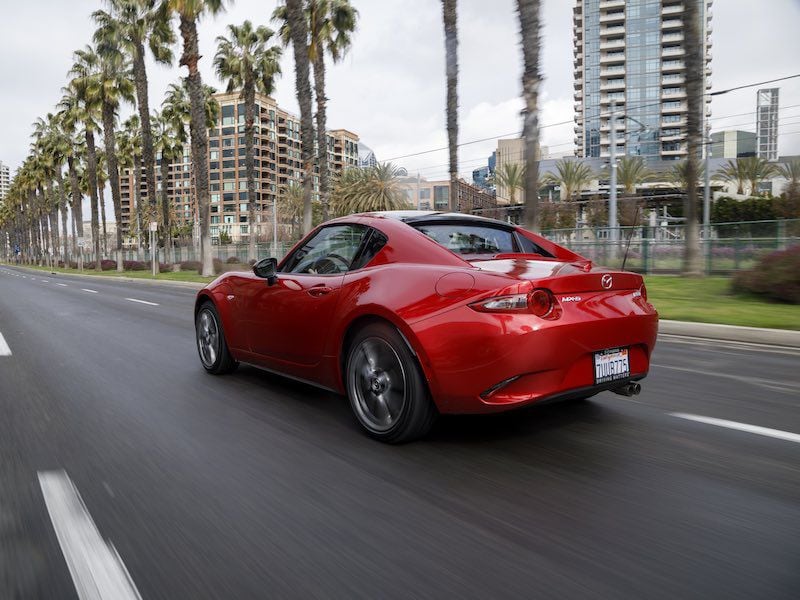
Photo by Mazda
3) There are lots of deals.
New lease offers (and new finance offers, for that matter) are published around the beginning of every month. Leases are a popular way for manufacturers and dealerships to manage inventory, and it doesn’t always mean you’re stuck shopping in the “clearance” section. In some cases, manufacturers run great lease specials even on popular models with strong sales. That’s because when those cars come back from their leases, they’ll be easy for the dealership to clean up and sell on the used lot. Of course, you don’t have to go with an advertised offer; it’s just a smart way to get a better deal. Most dealerships will be happy to come up with a lease package for any vehicle you want, although you’ll probably pay more this way.
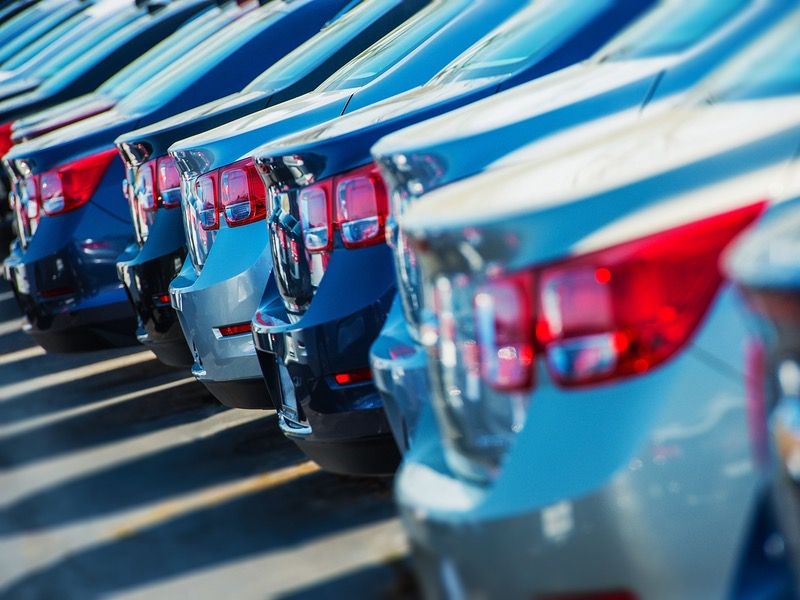
Photo by Bigstock
4) Leases can be less stressful to negotiate.
Buying a new car can be a pain, and unless you’re the kind of person who thrives on the thrill of a tough negotiation (nothing wrong with that) we can’t blame you if you’d rather avoid the situation entirely. We mentioned monthly lease specials on the previous page, and if you go into your local dealership armed with a copy of the offer you like, it’ll be quite a bit easier than trying to negotiate a purchase from scratch. With these lease offers, the terms are all spelled out — from the make, model and trim level to the exact financial details. As long as your credit score is high enough to qualify, you’re in good shape.

Photo by Bigstock
5) Get your budget under control.
Here’s a little secret: a lease, if done right, can be a really powerful budgeting tool. If you’ve gotten yourself in a jam — for example, you’re underwater on a car— a lease can help you dig yourself out. First, accept the fact that you’re spending money on a car you don’t plan to keep — not much different than renting an apartment, really. Then, find the cheapest lease offer you can. Look for cut-rate deals on subcompacts and compacts — they’re often available for well under $200 a month with a low down payment. (Chances are, this is less than you were paying for the hypothetical underwater car loan, and the difference can go toward paying off debt.) A fixed low payment can go a long way toward solving short-term financial binds and planning ahead for when your lease is up.

Photo by Bigstock
6) Drive something really cheap.
Even if your personal finances are in great shape, a cheap lease can be a powerful advantage for thrifty types. Dave Ramsey and the other financial gurus of the world might never come around to this way of thinking, but as we’ve already mentioned, not everyone can keep a car running for hundreds of thousands of miles, and that’s just fine. If you’re more worried about your bank account’s bottom line than horsepower specs or custom upholstery, find yourself a cheap lease deal. With fixed operating costs (often lower than the monthly loan payment on a late-model used car), and the knowledge that you’ll be rid of the car before serious maintenance issues come up, you can save some serious cash.
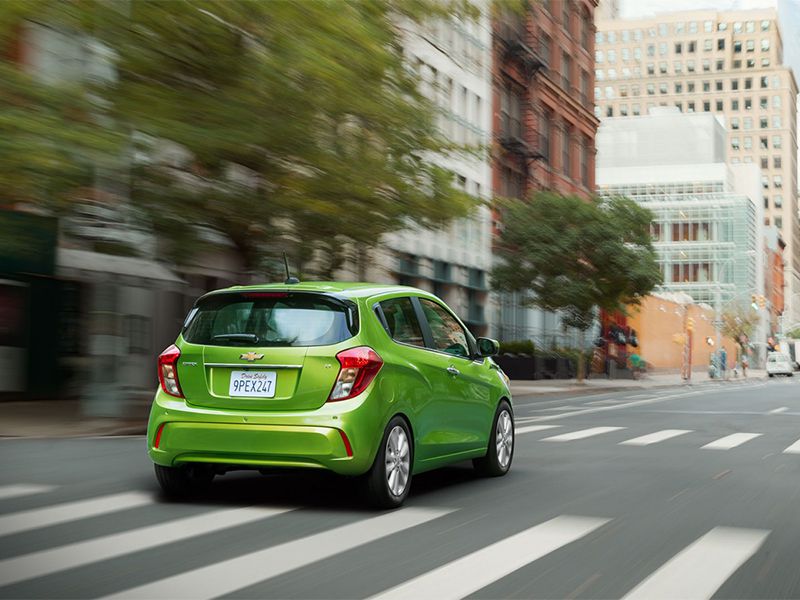
Photo by General Motors
7) Drive something really expensive.
On the other hand, if you’d be driving a luxury car no matter what, a lease can be a better way to do it. (After you shop around and find a good deal, of course.) With a lease, your payments will probably be lower than if you’d bought the car, or you can stretch your budget to lease something nicer than you’d otherwise be able to afford. In either case, you come out ahead. It’s not the most prudent way to spend your money, but it is your money, after all. And think about it — do you really want to be on a first-name basis with the service manager at your local German or Italian dealership once that warranty is up?
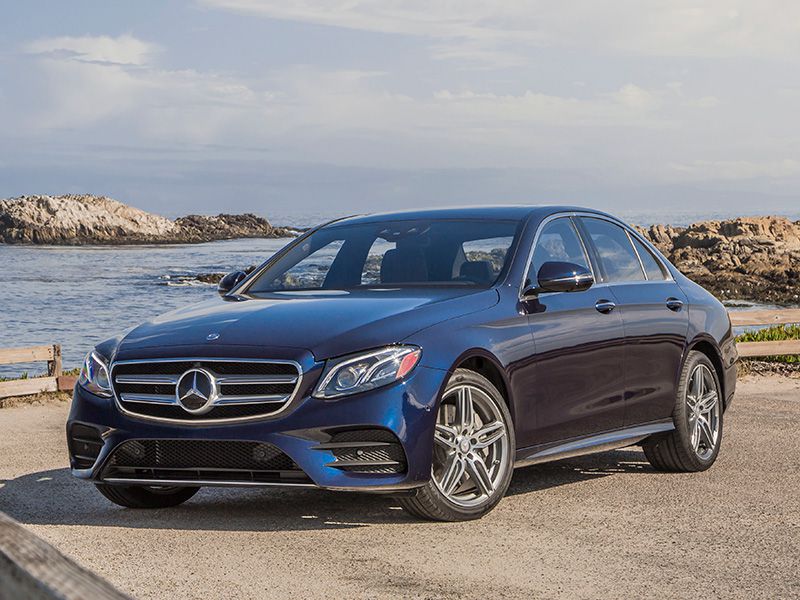
Photo by Mercedes-Benz
8) Drive whatever is right for you — for right now.
Are you a grad student in sunny California, chasing a career path that’ll probably lead back to the Midwest? By all means, make the most of your time there and lease a convertible — at least until it’s time for SUVs and snow tires. Got a few more years until the kids go off to college? Find a deal on a wagon. Are you part of a young couple that’s planning to start a family… but just not yet? There’s plenty of lease specials for sports cars, too. The point is, leases are perfect for temporary situations. Why commit to buying (and then selling) a car when you know a dramatic lifestyle change is just a couple years away?
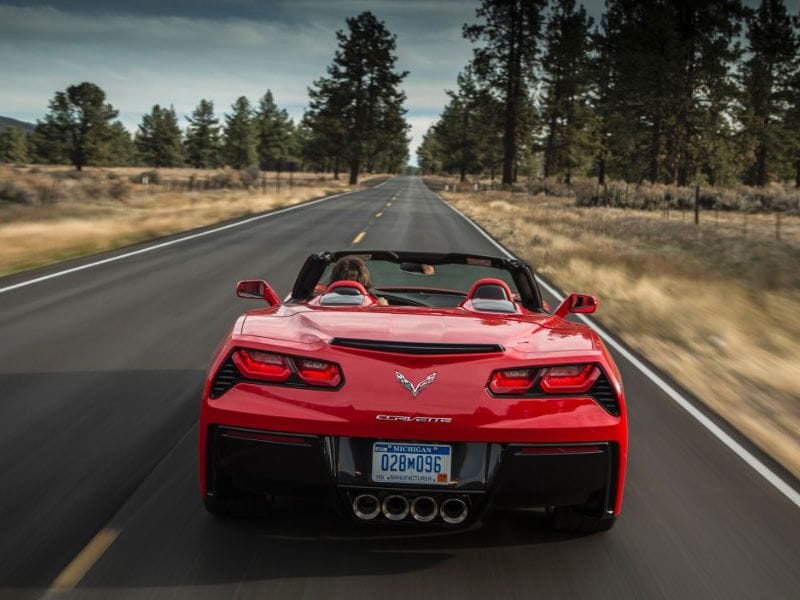
Photo by General Motors
9) If you decide you like it, you can keep it.
Leases make the most sense for people who are reasonably sure that they don’t want to keep the same car for a long time, but leases also give you the ability to change your mind. If, at the end of your lease, you decide you want to keep your car, you already know exactly how much it’ll cost — it was part of your original lease contract, a figure called the residual. The residual is the amount the car’s manufacturer expects the car to be worth when your lease is up (based on age, expected mileage accrued, and a number of other factors). It’s not usually negotiable, and it is an option if you aren’t ready to let go.

Photo by Bigstock
10) It saves you the trouble of selling it.
Selling a car has its challenges, whether you list it yourself or you negotiate a trade-in. It's a necessary chore when you want to move on from the old and go forward with something new. With a lease, you’re paying for the convenience of handing over the keys and walking away… and it’s a great feeling. When you sign a lease, you know exactly how long you’ll have the car; it doesn’t sit in the driveway until the right tire-kicker comes along, keeping you from getting on with your life. Of course, some people enjoy selling used cars, but we’re guessing there’s not much overlap between people who lease cars for convenience and people who flip cars for fun.
